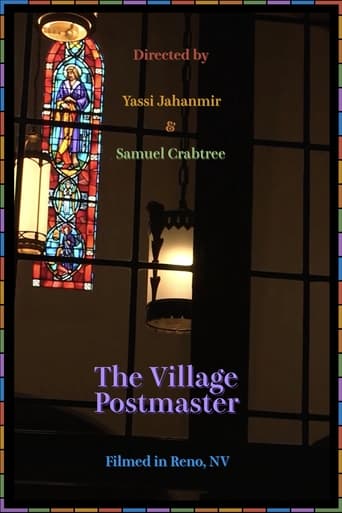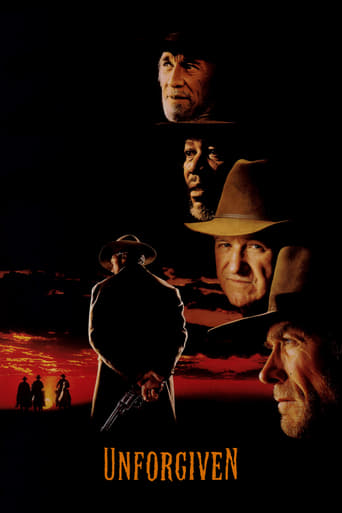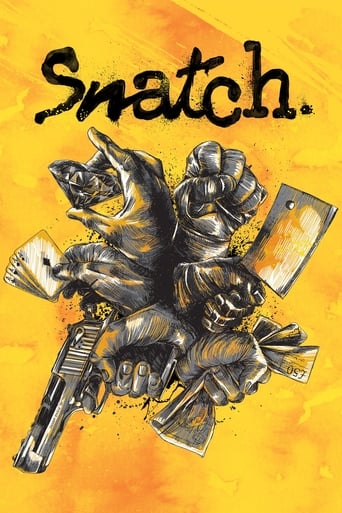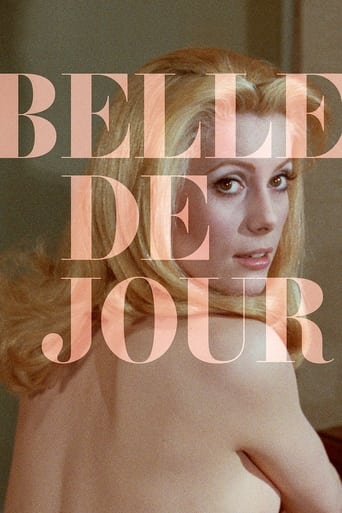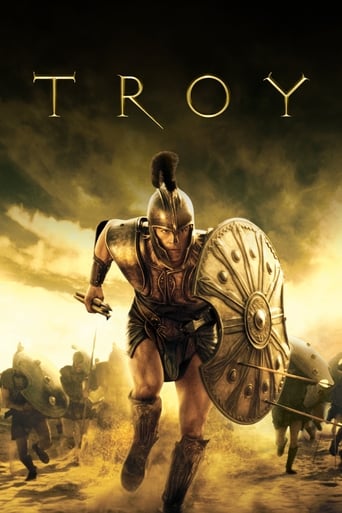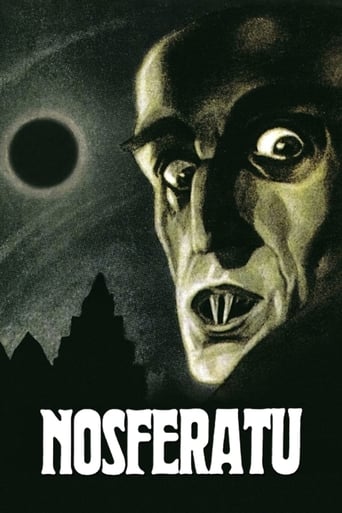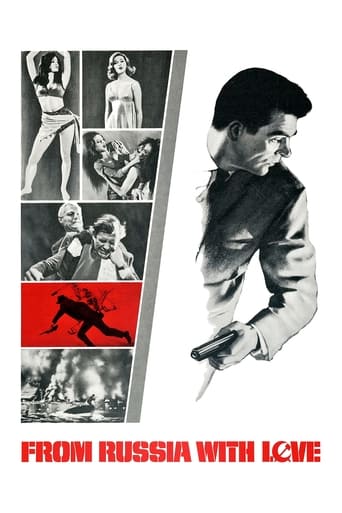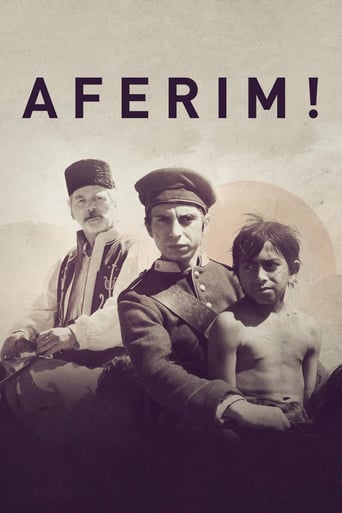
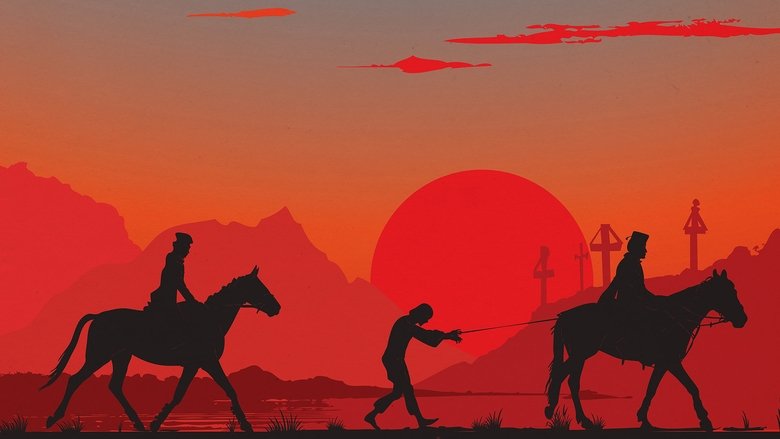
Aferim! (2015)
Set in early 19th century Wallachia, Romania, a policeman, Costandin, is hired by a nobleman to find a Gypsy slave who has run away from his estate after having an affair with his wife.
Watch Trailer
Cast


Similar titles
Reviews
Undescribable Perfection
Wow! What a bizarre film! Unfortunately the few funny moments there were were quite overshadowed by it's completely weird and random vibe throughout.
it is finally so absorbing because it plays like a lyrical road odyssey that’s also a detective story.
Excellent and certainly provocative... If nothing else, the film is a real conversation starter.
Great historical ode about Romanian people and other ethnicities that could have been found in early 19th century Romania. Aferim! explores some essential questions and subjects about life, religion and relationships between human beings, with the consciousness and mind typical for the man of that time. Also, there were a lot of films this year with great cinematography but Aferim! takes my vote in that department. I think the best yet simplest description for this film would be "Romanian Andrei Rublev". Another jewel in European filmography but before all enormously important film for Romania, from cultural and historical aspects.
If we had to give into the tradition of selecting the best movie of the year, I would undoubtedly select "Aferim!" for 2015. What strikes first is the quality of the image, an elaborate black and white with subtle tones of grey, very sharp texture and dramatic grades of shadow and light. This creates an aesthetical contrast with the grim atmosphere and living conditions depicted.It is the story of a manhunt in 19th century Romania, where a policeman (actually a mercenary hired by the boyar, a local noble) and his son chase a Gypsy to bring him back to the boyar. (Note: I will use the term "Gypsy" and not "Roma" to avoid confusion.)*** WARNING: CONTAINS SPOILERS ***One of the strengths of the movie is its successful combination of genres and styles.HISTORICAL. "Aferim!" very realistically depicts the life of the region at that time and notably Gypsy slavery which lasted until mid-19th century (a very rare topic in cinema). There is a strong historical research behind the movie. The structure of society is extremely pyramidal, with the boyar at the top, then his henchmen, then poor peasants, and at the bottom Gipsies. Women always are a level lower than men (wife, daughter, prostitute). There is no law: the boyar is the law, he decides what happens on his territory and hires mercenaries to have it mercilessly applied. We understand this happens on all territories. It is a reign of terror: if the policeman fails he will be severely punished. This is why we cannot fully blame the latter for what he is doing: he is brutal, but he is constrained by a system and his ignorance. Ironically, the title "Aferim" (highlighted by an exclamation mark) means "Bravo" in Ottoman Turkish, but we wonder what one could say bravo about in that society (characters use this word in the movie, since the region was for a long time part of the Ottoman empire). Important side note: it is not a movie bashing Romanian history since it has universal reach; the same barbarity happened elsewhere at different periods, including today.MORAL. The movie addresses many topics, the main ones being oppression and intolerance. There is widespread racism (against Gipsies mostly), anti-Semitism and xenophobia notably against Turks. Interestingly, this hatred is most virulently expressed by a priest (pope in Orthodox religion), in contradiction with the tolerant message of Christ: it shows how widespread these feelings were at the time. The policeman is also strongly prejudiced against these communities, and throws in some misogyny and homophobia for good measure; nevertheless he is persuaded to be on the right side of the law and ethics. Ironically, the Gypsy he is chasing, who for him represents evil, turns out to be friendly, more instructed and moral than he is. Another important topic is justice: at the beginning of the story we think the Gypsy did something terrible to justify such a chase, but it is only adultery; at the end, the punishment is completely disproportionate. We also witness poverty, corruption (the policeman searches for bribes and bribes a colleague), superstition mixed with religious beliefs, education, sexuality, etc. As the director highlighted, many of these themes refer to the present world.WESTERN. The director admits being inspired by old Westerns which partly explains the choice of black and white film: a policeman on a horse, a manhunt, suspense, the theme of good vs evil which actually turns out to be complex, different encounters on the road. It also is an initiation story, as some Westerns are: the son is being trained by his father to become a man, according to his beliefs.PICARESQUE. The movie resurrects the tradition of picaresque novels: main character as anti-hero, succession of small and big adventures, meeting of varied and strong characters, realism, satire, pessimism, pseudo-philosophical speeches, etc. However, it goes further down the road of crudity and cruelty.FANTASY. The movie sometimes drifts to unreal scenes, for instance when the policeman and his son in a dark forest are almost run over by a mysterious carriage going full speed. Or when they discover bodies following a massacre they don't understand. Encounters feel at the same time real and dreamlike: a lonely priest, an illegal fisherman, a wealthy traveller, etc. This reinforces the absurdity and arbitrariness of the world depicted. One of the most successful scenes is the frenetic party at the inn, where alcohol brings all men and women together. In this noisy climax the characters show a more human side, although a simple, vulgar one. We feel people could be happy if oppression were not dominant. But the following morning life goes on as before.In summary, "Aferim!" is compelling, ironical, sometimes humorous and mostly harsh (be warned: the end is extremely violent). The movie efficiently mixes tones: we are sometimes amused, sometimes appalled by characters and situations. Photography and acting are especially impressive. Pace is fully mastered: not too slow to be intriguing, not too fast to be realistic and provide breathing space. Aferim to all the artists who gave us this grand film.
Why the hell is this film in black n white? I don't have any issue with greyscale photography but from the looks of it, Aferim! appears as if a colourless filter was applied to it without any consideration of how to make it look better for the little enhancements that could've turned its images more expressive & attractive are sorely missing.Set in Wallachia in the early 19th century, the story of Aferim! concerns a local policeman & his son who are hired by an Iordache to track down & retrieve one of his slaves who had run away from his estate after having an affair with his wife. The plot follows the journey of this father & son duo during which the former tries to impart some wisdom to the latter.Co-written & directed by Radu Jude, Aferim! addresses the Roma slavery and covers all the absurdities of religion & caste system that only discriminates one from another. Although its subject matter is harsh & affecting, the fine use of wit in conversations between the father & son keep the experience lighthearted for the most part but its final act turns out to be more disturbing than expected.It's quite evident from the background that the locations are beautiful to look at but it would have looked far more appealing if the entire movie was filmed in colour for its black-n-white camera-work only ends up seeping the life out of those images, thus rendering it colourless both literally & figuratively. Performances are quite good, Editing however is lethargic & it's a pain to sit through if the conversations don't work out for you.On an overall scale, Aferim! is driven by its heavily-worded screenplay, brilliant contribution from its leading duo, and its discomforting depiction of a shameful era in Romanian history. Dressed as a western, the film will manage to keep the viewers' interest alive solely on how they react to the father-son conversation which virtually goes on from start to finish. A very strange mix of brutality & hilarity, Aferim! was good for me only during the final 15 minutes.
I'm of Romanian descent, so I'm not entirely objective on this, but as far as film can actually change perceptions of how we see the world around us, "Aferim" is without a doubt an unmatched masterpiece and an absolute first in many ways. It's a rare Romanian historical drama set before the 20th century (with the exception of historical biopics of communist era). It's thematically a Western (or Eastern), since it involves a long journey on horseback, strongly and intentionally recalling "The Searchers". Most importantly, it's an endless series of interchanges with representatives of society back then, by which virtually every social problem of the present day is touched. The genius of this film is that it follows a timeline, through which the spectator is at times bemused and at times horrified by the behavior of the main protagonist, a constable charged with capturing a runaway slave accompanied by his inept son. In a thoroughly realistic way unlike any historical film I have ever seen, we see him treat priests and nobles with respect and peasants and Roma with indifferent cruelty. Sometimes he shows a conscience, as when bonding with his son or asking the slave owner for clemency upon returning him. Sometimes he is shockingly ruthless, like when he sells a Rom boy they also picked up to a passing noble because he wants to afford drinking and whoring.Not only is this the first portrayal of slavery in Romania, a topic not taught in schools and therefore quite controversial. It is a completely naturalistic portrayal as well, unlike any emotionally charged tales out of Hollywood. It easily beats the credibility of "12 Years a Slave", because Jude maintains a sardonic, matter-of-fact narrative instead of drenching his film in moral lessons about the nature of good and evil. Teodor Corban delivers his cop character as a product of his times, with no judgment or exoneration of his actions. If there is one slight weakness at all, it's that the dialogues are sometimes very fast and probably very difficult to translate. As a Romanian raised abroad, I found myself guessing at roughly half of the vocabulary, and even though I got most of the irony, I would not know how to explain it to foreigners and keep the meaning intact. "Aferim!" means "Excellent!" as a Turkish exclamation (recalling that Wallachia at he time was a vassal to the Ottoman Empire - when the constable sends a Turkish carriage the wrong way to spite the Turks, this is how his son praises him. So the title perfectly describes the film in one word - a tale of a time when the ignorant hated everyone else, not realizing how similar they were. When the privileged few treated the abject poor as mere objects, aided by the apathy of commoners, who could not imagine any alternative. This horror mixed with irony resonated strongly with audiences, and would certainly justify a foreign language Oscar next year.





